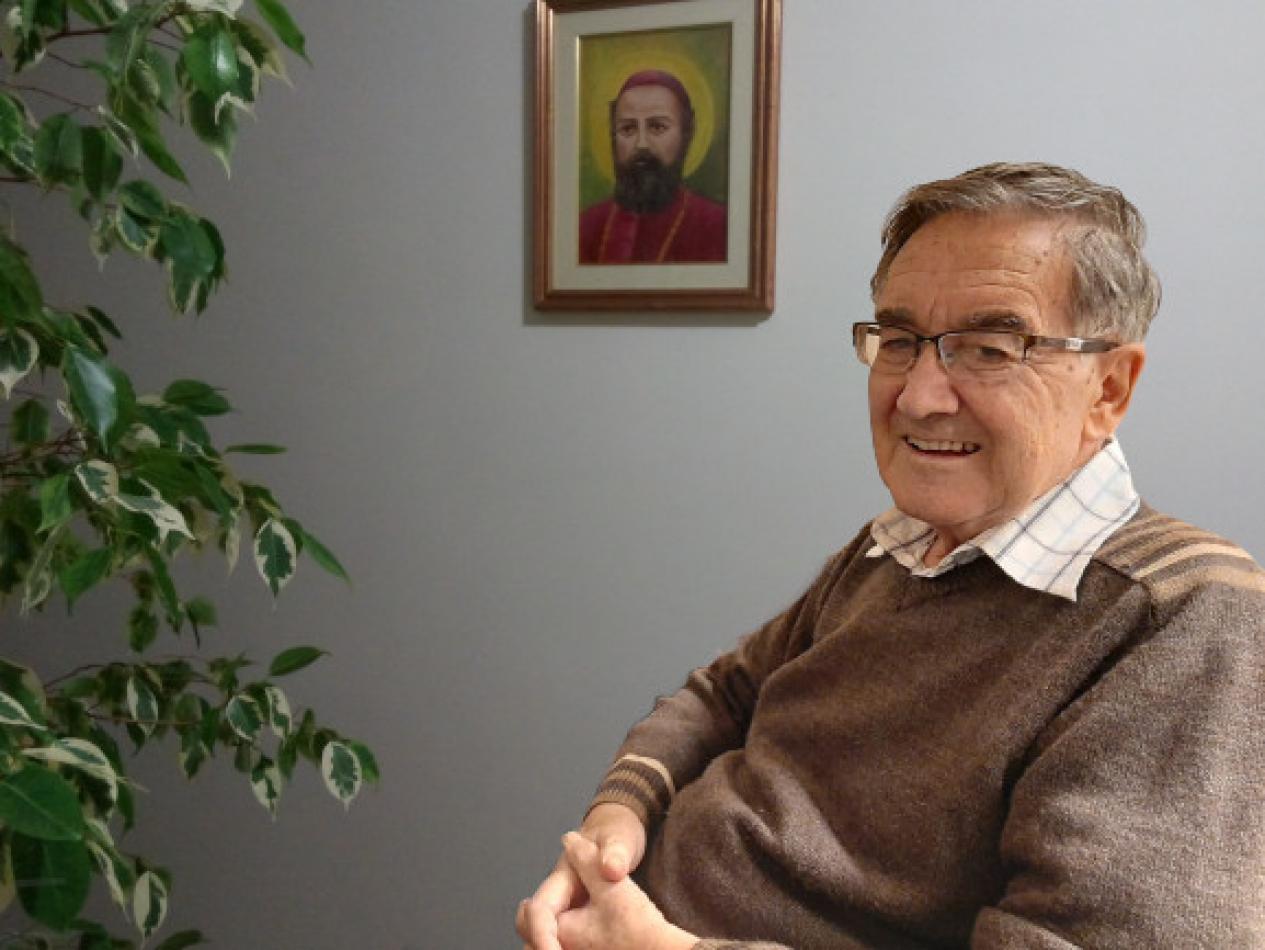Daniel Comboni
Comboni Missionaries
Institutional area
Other links
Newsletter
Saturday, January 22, 2022
At the end of 2020 Pope Francis published his third Encyclical, Fratelli Tutti, on fraternity and social friendship. This social encyclical challenges us as Comboni missionaries and urges us to reflect on our missionary ministry. This space is dedicated to reflections to share various missionary perspectives from each chapter of the Encyclical and insights from the document as a whole. [See the GSM website: combonimission.net]
One of the signs of the times which the Encyclical Fratelli Tutti takes into consideration is the experience of an unprecedented pluralism, social, ethnic, religious, which frightens us. It is a reality that has developed without our being aware of it and that has caught us unprepared. We need to analyse it from a social, cultural and Christian point of view in order to understand and manage it. Some people are losing all security. There are citizens everywhere, including ‘Christians’, overwhelmed by multiculturalism. Instead of accepting the challenge of interculturality, there is a temptation to take defensive positions. Due to a lack of intellectual maturity, pluralism is not accepted either as human resource or as divine gift. Instead, we missionaries must go beyond the self-absorption of religious, cultural, individualistic and nationalistic motivations and visions. We must be able to see God in this new phenomenon that mixes peoples and cultures.
Everyone is created in the image and likeness of God, we are unique at all levels. We consider uniqueness to be a richness, the capital that each of us has, but we also feel it as a limitation because it isolates us from others. In our experience of our uniqueness as potential, we see that it can be misinterpreted and tend to isolate us.
On the other hand, if we look at the Trinity, we see that it is absolute uniqueness and also absolute relationship: it is communion. We have an infinite thirst for uniqueness and an infinite thirst for relationship. Happiness, however, lies in making my uniqueness encounter the uniqueness of others, with so-called otherness, in a welcoming relationship. As a reflection of the mystery of the Trinity in which we Christians affirm: “I am created in the image of God”, the other we find in front of us is also the image of God. Categorically we also affirm: “my uniqueness is only fruitful if it enters into communion with another uniqueness”.
Uniqueness misinterpreted becomes individualism. It becomes egocentrism, which thinks it does not need the other and does not have to relate to the other, let alone care for the other. The infinite thirst for relationship is distorted. Individualism is not in God’s Plan, nor in the constitution of the human being. Every person is intrinsically relational. No true joy in solitude! The shadows looming over our time listed by Pope Francis are rooted in the individualistic ego that harms itself, others, creation and the cosmos, because it does not allow us to experience the joy of relationship. This recalls the anthropological crisis of which both Benedict XVI and Francis have spoken several times.
Uniqueness is closely linked to Otherness and Communion. Uniqueness must be honoured as invention, as original creativity. God wants us to be singular, because we came out of his heart as originals, not photocopies. This is the pluralism of quality, not of quantities. But God also wants us to be in communion. In religious communities, communion was seen as levelling with a tendency towards outward uniformity. To make us the same: the same schedule, the same way of praying; all within the same pattern. Instead, “communion” means “relationship”. Uniqueness is a fact of creation, pluralism is a fact of creation. Pluralism can bring tensions, clashes. But Jesus came to bring koinonia, the communion of uniquenesses, not to destroy them; this is the meaning of Redemption. Even in our Congregation, a true microcosm, we have the same charism, but it is a charism made up of different faces, different uniquenesses, different minds. The sin is about transforming otherness into opposition, or into an opportunity to exploit others, because they are different, because they are weak, because of the circumstances of their birth, because in the shadows of today’s world they are on the side of the disadvantaged.
Pluralism refers to God the Creator. Uniqueness, pluralism, transformation, communion, are constants in Creation, in the Wisdom of God. The missionary task is to interpret the plural reality of our time within the path of salvation history, oriented to unite peoples to a communion that means caring, loving with the same heart of God.




